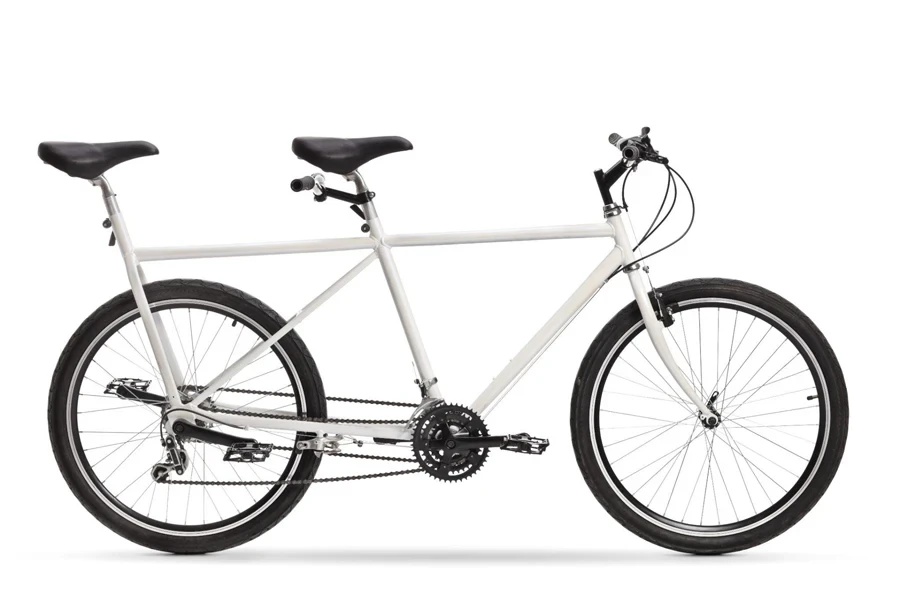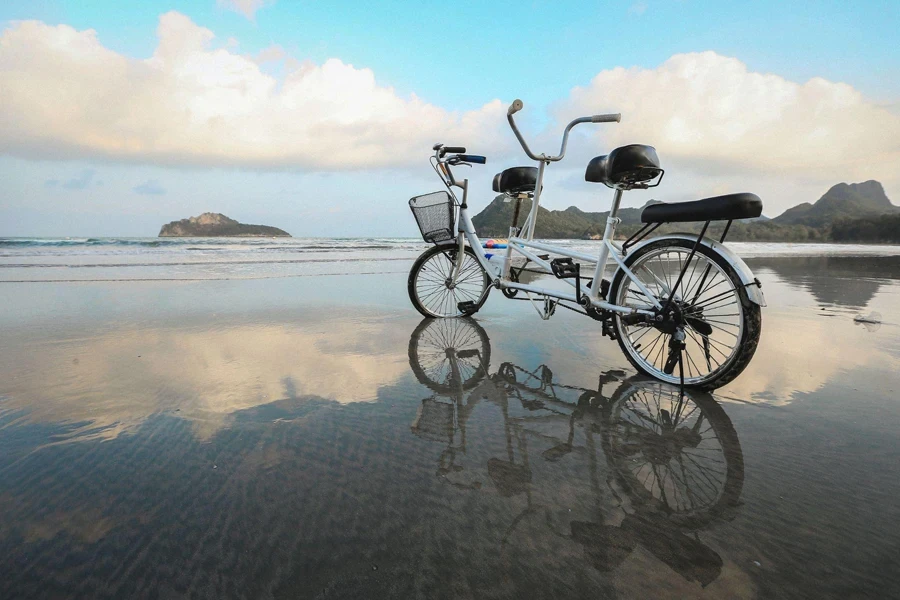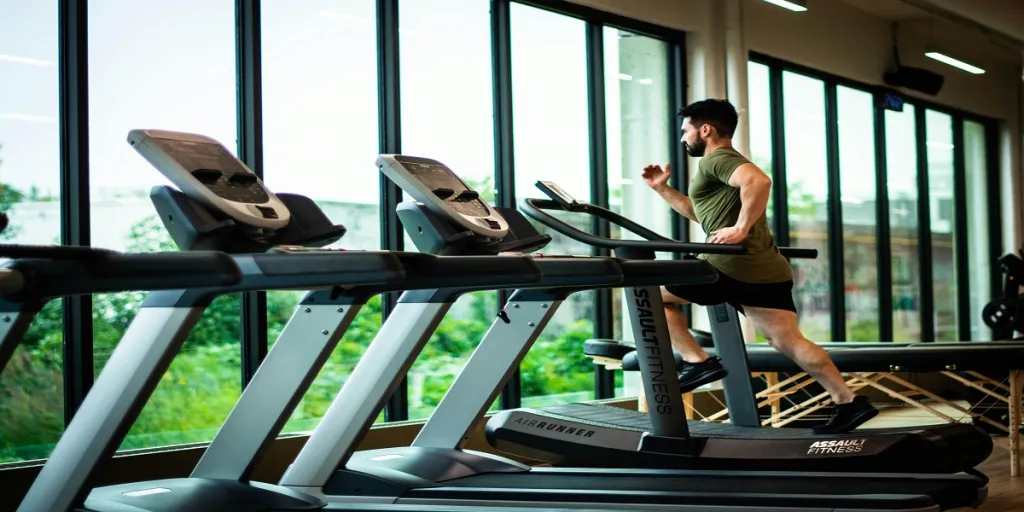Table of Contents
1. Introduction
2. Tandem Bike Market Overview
3. Key Considerations for Selecting the Ideal Tandem Bike
4. Conclusion
Introduction
As the tandem bike market continues to evolve, industry professionals and retailers face the challenge of selecting the perfect ride for their customers. This comprehensive guide aims to provide valuable insights into the latest market trends, key considerations, and top tandem bike models for 2024, empowering businesses to make informed decisions and stay ahead of the competition.
Tandem Bike Market Overview
The global tandem bike market is expected to reach USD 420.7 million by 2029, with a compound annual growth rate (CAGR) of 4.8% during the forecast period. The market is driven by factors such as the growing popularity of eco-friendly transportation, increased demand for recreational activities, and technological advancements in bike components. Raleigh in particular is noted as having “a strong presence in the tandem bike market” and “is known for producing reliable and affordable tandem bikes.” While specific market share is not provided, Raleigh’s overall annual revenue was around $200 million in recent years. The other major brands like Trek and Cannondale are successful in the overall cycling industry.

Key Considerations for Selecting the Ideal Tandem Bike
Frame Material and Construction
When choosing a tandem bike frame material, consider your intended use and budget:
– Steel frames: Durable, smooth, and affordable. Ideal for entry-level tandems and recreational riding on mellow roads. Cromoly steel offers strength and relatively low weight.
– Aluminum frames: Balance strength and weight savings. Advanced alloys and construction techniques allow fine-tuning of ride characteristics. Oversized and hydroformed tubing provides stiffness, efficiency, and vibration damping. Popular for mid-range to high-end tandems.
– Carbon fiber composite frames: Ultimate in lightness, vibration damping, and power transfer efficiency. Expensive but coveted by serious athletes and competitive teams. Different layup schedules and shapes enable perfect ride quality for various applications.
Proper geometry is crucial:
Aggressive teams may prefer steeper angles and compact wheelbase for sharp handling in races or descents. Relaxed “marathon” geometry with slacker angles and longer wheelbase offers stability for touring or casual riding. Off-road tandems need ample tire clearance and reinforced frames for rugged terrain.

Wheel Size and Strength
When selecting tandem bikes for your fleet, consider the wheel size based on the intended use. For off-road adventures or heavily-laden touring, 26″ wheels offer superior strength and stiffness, with shorter spokes and robust rims to withstand rough terrain and additional weight. For road-oriented tandems, 700c wheels provide faster rolling speed, greater efficiency, and a wider selection of high-performance tires.
Regardless of size, tandem-specific wheels with higher spoke counts (minimum 36, preferably 40 or 48) are essential to distribute the load and maintain wheel true under increased stresses. Wider rear hub spacing (145mm for standard tandems, 160mm for disc brakes or electric assists) accommodates beefier axles and allows for dishless rear wheel builds. Invest in trusted brands offering tandem-specific components and consider acquiring a truing stand and spoke tension meter for maintenance.
Braking System
Selecting a reliable and powerful braking system is crucial for tandem bicycles due to their increased weight and potential speed. Hydraulic disc brakes have become the preferred choice, offering superior stopping power, consistency, and fade resistance in all conditions. These brakes use a closed system of brake fluid to transmit force from the levers to the calipers, automatically compensating for pad wear.
Disc brakes are less affected by rim issues or debris, making them suitable for diverse terrain. Choose tandem-approved models from reputable brands, featuring larger caliper pistons and oversized rotors (up to 203mm) for effective heat dissipation. For long, steep descents, consider adding a third brake (drum or second rear disc) to act as a drag brake, preventing uncontrolled acceleration and sharing the braking load. Regularly inspect brake pads, rotors, and rim brake tracks for wear to ensure optimal performance and safety.
Drivetrain and Gearing
Choosing the right drivetrain and gearing setup is crucial for your tandem bike fleet to efficiently handle diverse terrains and accommodate varying rider abilities. Wide-range gearing, such as a triple crankset with a granny gear and a wide-range cassette (11-34t or larger), provides a broad gear range for comfortable spinning on climbs and smooth pedaling on flats or descents. Tandem-specific drivetrain components from Shimano and SRAM are designed to withstand increased torque and shifting forces. For casual use or flat terrain, internally geared hubs (IGHs) like the Rohloff Speedhub or Shimano Alfine offer a low-maintenance alternative, with up to 14 speeds in a sealed package, simplifying shifting and reducing adjustments.

Proper synchronization between captain and stoker pedaling is essential, using tandem-specific timing chains and eccentric bottom brackets to prevent “leg suck.” Consider your target audience’s needs when setting up gearing, with lower gears for older or less experienced riders and wider ranges for experienced cyclists tackling hills. Regular drivetrain maintenance, including inspecting chains, cassettes, and chainrings for wear and keeping components clean and lubricated, is crucial for smooth operation and extended component life.
Handlebar and Seating Configurations
Adjustable handlebars and stems are essential for tandem bicycles, allowing both captain and stoker to find their optimal position for comfort and efficient pedaling. Flat or bullhorn handlebars provide stokers with a stable, secure grip that distributes pressure evenly and offers leverage for climbing and acceleration. For long-distance touring, recumbent seating configurations offer unparalleled comfort and aerodynamic efficiency, reducing pressure on the upper body while supporting the lower back. When selecting tandems for your fleet, consider step-through rear frames, which feature a lower top tube for easier mounting and dismounting. This design is particularly beneficial for children, shorter adults, or riders with limited flexibility, enhancing safety and confidence during stops and starts.
Proper Fit for Both Riders
Make sure both the captain and stoker are comfortable with their seat, allowing smooth and powerful pedaling without undue strain. Choose a frame geometry that accommodates both riders’ heights and proportions, ensuring optimal positions. Adjustable stems and seatposts enable customization of the cockpit for each rider’s needs, particularly when accommodating couples with significant height differences. Many tandem manufacturers offer semi-custom sizing options, allowing you to specify frame dimensions based on your intended riders’ measurements. When fitting customers, make individual adjustments for each rider, starting with saddle height and fore-aft position, then adjusting handlebar reach and height for a comfortable, upright position. Ensure both riders can easily reach the pedals without interference.

Conclusion
Selecting the perfect tandem bike requires careful consideration of market trends, key features, and customer needs. By understanding the intricacies of frame materials, wheel sizes, braking systems, and drivetrain configurations, industry professionals can make informed decisions when curating their tandem bike offerings. With the right knowledge and a keen eye for quality, businesses can provide their customers with the ultimate tandem riding experience in 2024 and beyond. Please hit the “Subscribe” button to check more articles related to your business and interests in Chovm Reads sports blog.





 বাংলা
বাংলা Nederlands
Nederlands English
English Français
Français Deutsch
Deutsch हिन्दी
हिन्दी Bahasa Indonesia
Bahasa Indonesia Italiano
Italiano 日本語
日本語 한국어
한국어 Bahasa Melayu
Bahasa Melayu മലയാളം
മലയാളം پښتو
پښتو فارسی
فارسی Polski
Polski Português
Português Русский
Русский Español
Español Kiswahili
Kiswahili ไทย
ไทย Türkçe
Türkçe اردو
اردو Tiếng Việt
Tiếng Việt isiXhosa
isiXhosa Zulu
Zulu